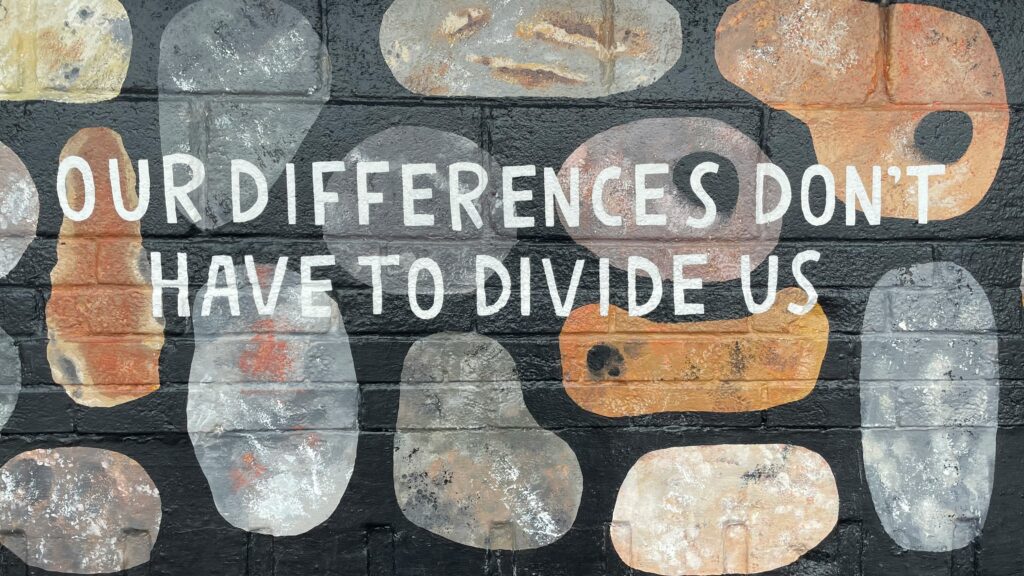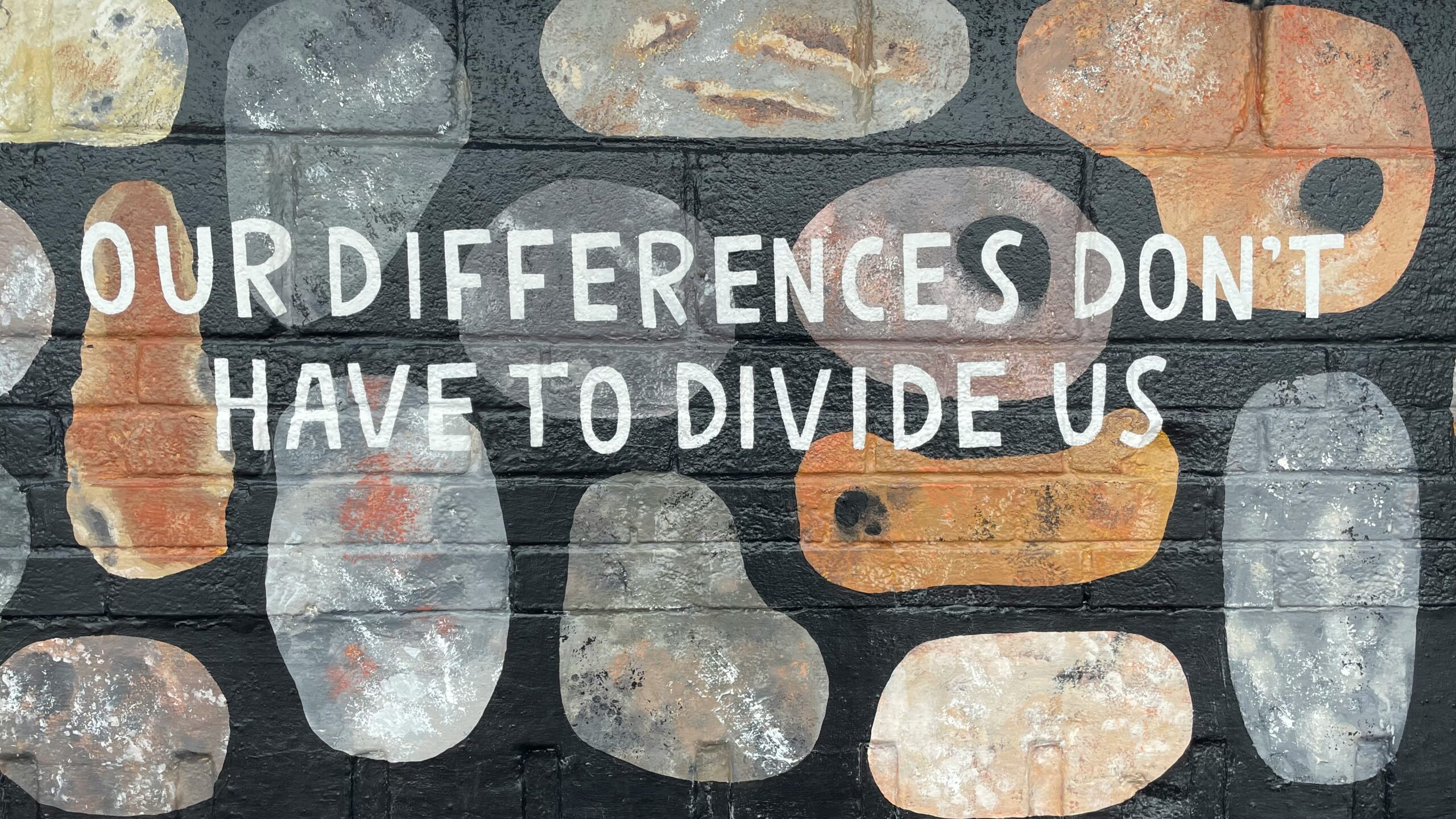In a world where we’re all trying to juggle different responsibilities and face challenges, it’s easy to get caught up in our own heads. We often find ourselves focused on our problems, sometimes forgetting that others around us might be dealing with their own struggles. That’s where empathy comes in:
- How empathy improves relationships
- The science behind empathy
- Practicing empathy in daily life
- Empathy builds relationships
Empathy is more than just feeling sorry for someone—it’s the ability to understand and share the feelings of others. It’s an emotional skill that allows us to connect with people on a deeper level, making them feel seen, heard, and supported. But empathy is not only essential for building meaningful relationships; it also plays a crucial role in mental health. Research has shown that practicing empathy can help reduce stress, build emotional resilience, and improve overall well-being.
“Empathy is seeing with the eyes of another, listening with the ears of another, and feeling with the heart of another.” – Alfred Adler
How empathy improves relationships
At its core, empathy is about connection. When we show empathy towards others, we create an environment of trust and understanding. It allows people to feel comfortable expressing their feelings, knowing they won’t be judged or dismissed. This fosters deeper, more meaningful relationships, whether in friendships, family bonds, or romantic partnerships.
Empathy helps build trust, which is the foundation of any strong relationship. When you can empathise with someone’s feelings, they feel more comfortable opening up to you. This kind of emotional openness leads to greater mutual understanding and support. For example, if a friend is going through a tough time and you listen to them with empathy, they’re more likely to feel supported and trust you with their emotions.
Empathy allows you to understand another person’s point of view, which helps deepen your connection. Instead of offering solutions right away or brushing off their emotions, you take the time to truly hear them out. This creates a stronger emotional bond because it shows that you care about their feelings and are there for them, not just when things are going well, but also when they need a shoulder to lean on.
When people feel understood, they’re more likely to seek emotional support. Empathy offers a sense of comfort that reduces feelings of isolation and loneliness. Whether it’s offering a hug, providing a listening ear, or simply validating someone’s feelings, empathy helps people feel less alone in their struggles. This support is crucial for mental health, as feeling connected to others is a key factor in building emotional resilience.
The science behind empathy
You might wonder what exactly is happening in our brains when we practice empathy. It turns out that empathy is not just an emotional process, but also has a scientific basis that links our brains to others’ experiences. Understanding the science behind empathy can help explain why it’s such a powerful tool for improving mental health.

Mirror neurons
One of the key scientific explanations behind empathy lies in something called mirror neurons. These are special brain cells that are activated when we observe someone else’s actions or emotions. When we see someone experiencing joy, pain, or sadness, our mirror neurons fire up, allowing us to “mirror” their emotional state. This means that when someone is feeling happy, we feel a similar emotional response, and the same goes for sadness or distress.
These neurons help us understand what others are going through, even without them saying a word. For example, if you see a friend in tears, you may start feeling a sense of sadness or empathy without needing to hear their story in full detail. This emotional contagion plays a huge role in our ability to connect with others.
Emotional intelligence
Empathy is closely linked to emotional intelligence (EQ), the ability to recognise, understand, and manage our own emotions, as well as those of others. People with high emotional intelligence tend to be better at recognising emotional cues and responding in a compassionate way. This ability to understand and regulate emotions not only strengthens relationships but also helps in coping with challenges, making empathy an essential skill for maintaining good mental health.
Studies have shown that high EQ is associated with better stress management, improved problem-solving, and overall emotional stability. In short, when we practice empathy, we’re actively boosting our emotional intelligence, which directly contributes to better mental well-being.
Practicing empathy in daily life
Empathy is a skill that can be developed and strengthened with practice. Here are some simple ways to incorporate more empathy into your daily life:
One of the most effective ways to practice empathy is through active listening. This means giving the person your full attention, making eye contact, and refraining from interrupting.
Active listening as a communication technique involves fully focusing on the speaker, understanding their message, responding thoughtfully, and remembering what was said. It goes beyond just hearing words; it requires giving the speaker your undivided attention, making eye contact, and showing empathy through non-verbal cues like nodding or leaning in. Instead of interrupting or thinking about your response, active listening means being present in the moment and making an effort to truly understand the speaker’s emotions and point of view. This helps build trust, improve communication, and strengthen relationships.
Empathy isn’t just about understanding someone’s feelings; it’s about seeing the world through their eyes. Try to put yourself in their shoes and ask yourself, “How would I feel if I were in their situation?” This exercise can help you see things from different angles, leading to a deeper understanding of their emotions.
Once you’ve listened and understood, show compassion by validating their feelings. This means acknowledging that their emotions are real and valid, even if you don’t fully understand them. Phrases like “It’s okay to feel that way” or “I can see how that would be really tough” can go a long way in helping someone feel understood and supported.
💡Bonus Tip: Here are some more validating sentences you can use:
- “I can understand why you’d feel that way.”
- “It sounds like that situation really impacted you.”
- “That must have been really difficult for you.”
- “I hear you, and your feelings are completely valid.”
- “It makes sense that you’d be feeling like this right now.”
Sometimes, all someone needs is your presence. Whether it’s sitting with a friend in silence or offering a comforting hug, being physically present shows that you care. Your presence can be a powerful form of emotional support, particularly in times of distress.

Empathy builds relationships
Empathy is more than just a feeling—it’s a crucial skill that strengthens relationships and promotes mental well-being. By actively listening, practising perspective-taking, and showing compassion, we can build deeper connections with others and foster an environment of trust and support. The science behind empathy shows us that our brains are wired for connection, and by practising empathy, we not only help others but also improve our own emotional intelligence and mental health.
- Understand that empathy is about connection
- Establish meaningful connections with the people around you
- Practice active listening in your conversations
- Work on your compassion, even towards people and topics you don’t understand immediately
- Get used to validating sentences within your everyday vocabulary
As we move through life, it’s important to remember that compassion is a powerful tool. It’s not just about helping others feel better; it’s about building a supportive, understanding world where we can all thrive emotionally. So, take the time to practice empathy every day—you’ll find that it’s not only beneficial for those around you, but it also enhances your own well-being.
Here are 11 ways to improve your empathy skills:








